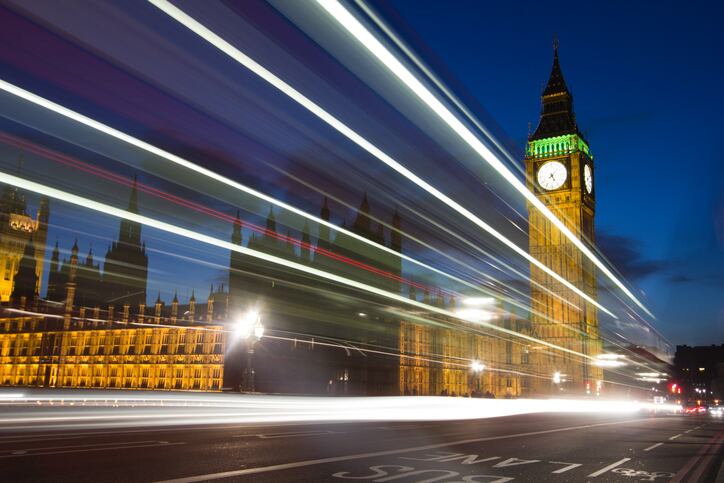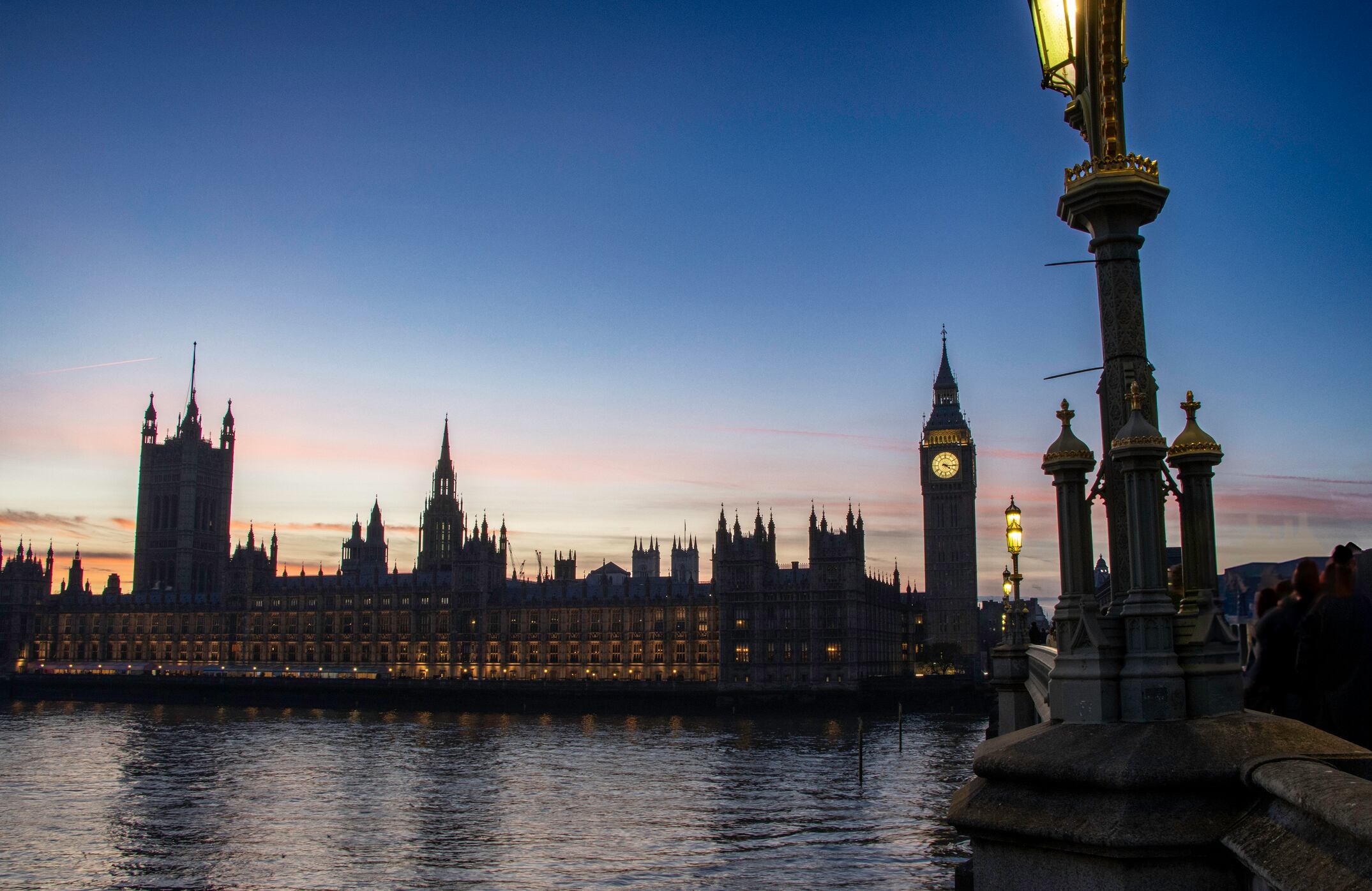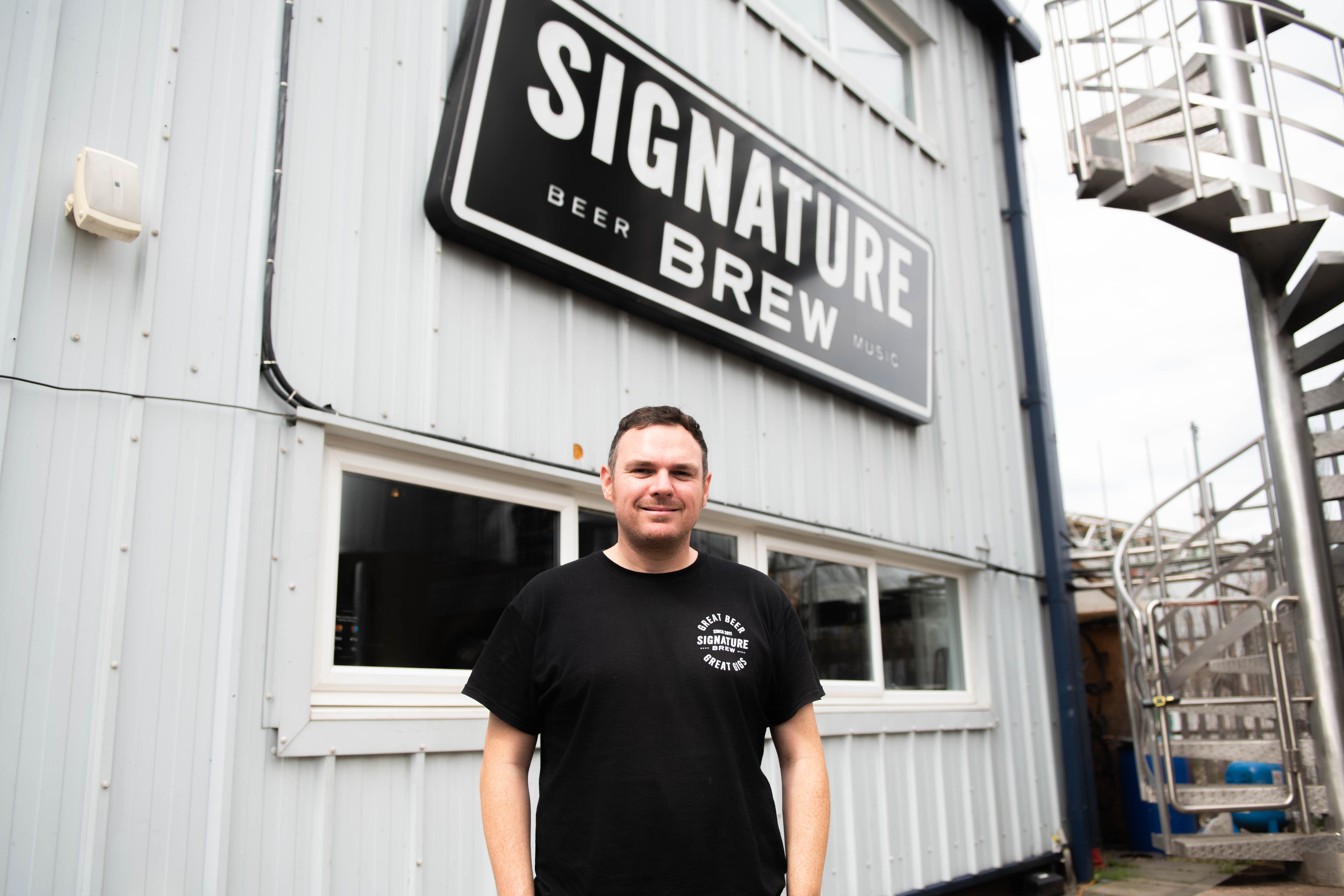Many of the headline measures have now kicked in - and the impact is being felt across estates, staffing models and investment plans.
The 2024 Budget included several major items that affect pubs: an increase in employer national insurance contributions (NICs) from April 2025, a lower earnings threshold for employer NICs (dropping to £5,000), and a rise in the national living wage (NLW) to £12.21
At the same time, business rates relief for retail, hospitality and leisure properties was reduced - the relief level dropped from 75% to 40% from April 2025.
Trade body UKHospitality (UKH) estimated that the cumulative cost burden on hospitality could amount to £3.4 billion.
Impact so far
The consequences for pubs and bars are already apparent. In the hospitality sector survey published by UKH, one in three businesses reported operating at a loss in early 2025, citing increased wage and employment costs alongside reduced relief support.
During parliamentary debate, Conservative MP Mike Wood, who represents Kingswinford and South Staffordshire and chairs the All-Party Parliamentary Beer Group (APPBG), noted that business rates bills had “driven otherwise viable businesses into the red” and that job losses followed: the hospitality sector had lost around 69,000 jobs - 3.2 % of its workforce - in the period since the Budget.
For pubs specifically, these changes translate into higher operating cost bases, increased pressure on margins, and a need to revisit staffing patterns, opening hours or pricing strategies.
The rise in the NLW and new employer NIC threshold forces pubs to rethink labour models. As many venues employ part-time, younger staff, the threshold drop means pub operators are now liable for NICs on more roles, increasing the cost of entry-level employment.
Additionally, as wage bills rise, operators report being unable to pass all of this cost to customers without risking footfall. The ripple effect: fewer full shifts, more multi-tasking, pressure on service and potentially reduced investment in training or development.
Relief reduction
Business rates have long been a significant cost for pubs - but the cut in relief is now being felt across the sector. The reduction from 75% to 40% relief from April 2025 means many pubs face materially higher bills.
Conservative MP Mike Wood told the House of Commons that “the cut in business rate relief…has driven otherwise viable businesses into the red, hitting pubs…which has seen its business rates bills rise…before a single customer has been served.”
At the same time, draft legislation confirms the Government’s intention to permanently lower the multiplier for retail, hospitality and leisure properties from 2026 - but that relief is still a year away.
What this means
- Cost base up: employer NICs + wage rises + business-rates increases = significant pressure on margins
- Staffing models under stress: part-time and entry roles cost more; investment, training and recruitment may be curtailed
- Pricing and investment decisions: fewer operators may absorb cost rises; some will face decisions on passing costs to customers, cutting hours, reducing menus or delaying refurbishments
- Footfall and consumer demand: with cost of living still a drag on consumer spending, pubs cannot assume price rises are fully transferable, especially in local markets
- Policy horizon: while the outline of relief (business-rates reform, for example) is visible, many operators argue that the timeline is too long to ease current pressure
What to watch in the upcoming Budget
With the Autumn Budget due on 26 November, the sector will be looking for tangible support or relief, not just future commitments. Key levers include:
- Immediate rates relief or reduction of the multiplier for pubs and bars ahead of the 2026 change
- Targeted support for entry-level labour costs (flexibility in NIC thresholds, support for part-time/young staff, for example)
- Incentives for investment in pub estates (refurbishment, sustainability upgrades) recognising that many operators have postponed capital spend due to cost uncertainty
- Clarification on how the Government intends to support the hospitality sector while balancing fiscal constraints and inflation pressures
The changes announced in the 2024 Budget have moved from policy to practice, and for the pub sector the impact is tangible. Higher employment costs and reduced relief support are combining to raise the cost of doing business at a time when consumer spending remains flat and competition for leisure time is fierce.
Operators are now navigating the immediate fallout, not just awaiting future reform. The upcoming Budget offers a chance for Government to respond, but the pub sector needs more than promises, it needs action.





